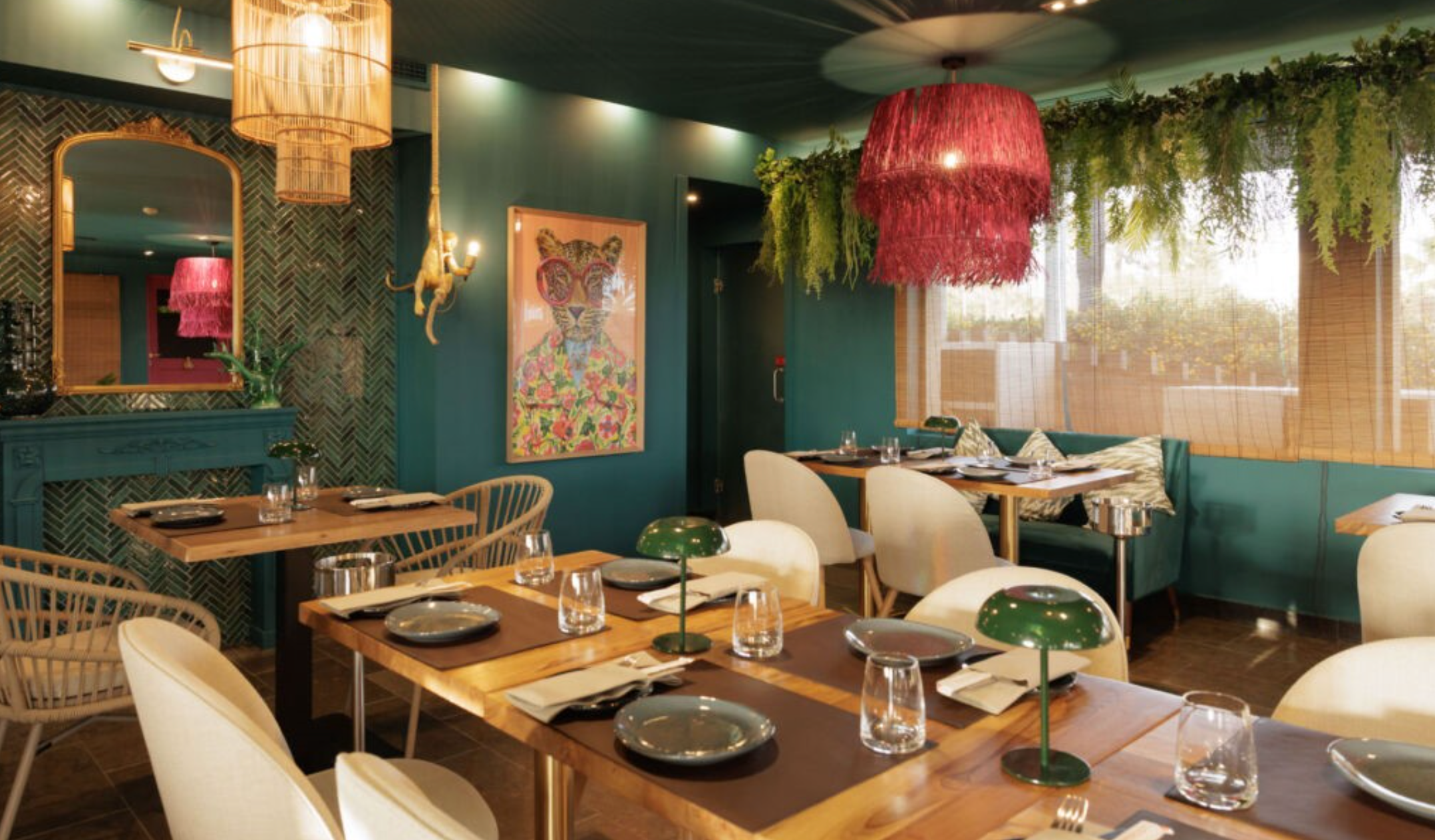Food and beverage is no longer a side note in hospitality—it belongs at the forefront. The hotels that recognise this are thriving. Their restaurants draw in the local crowd, their guests feel connected beyond the room, and their brand stories unfold just as vividly at the table.
The others? They’re left with beautiful yet lifeless spaces—venues that look the part but fall short on purpose and performance.
Nowhere is this contrast sharper than in the lifestyle and premium space, where guests don’t just want convenience—they’re seeking moments that stay with them.
The Fear of Being Bold

Despite the shift in guest expectations, many hotel brands still treat F&B with caution. There’s often a fear of turning anyone away, which leads to concepts that try to cater to everyone — and end up feeling flat. Broad menus, vague identities, and safe ideas might seem like the practical route, but they rarely leave an impression.
Restaurateurs, on the other hand, aren’t afraid to take a stand. They build focused, distinctive concepts with a clear audience in mind. They trust that a strong identity creates loyalty — and they're usually right. The hotel brands that are getting it right today are following that lead: being more selective, more intentional, and much bolder with their F&B approach.
Because trying to please everyone doesn’t work anymore. In fact, it’s often the very thing that’s holding hotels back.
F&B as a Core Business Driver
When done right, F&B is not just an enhancement to the guest experience. It’s a powerful economic engine.
Recent data from STR Global shows that in full-service hotels, F&B contributes between 20% and 40% of total income.
But its impact goes beyond revenue. A 2023 CBRE case study of a 237-room hotel revealed that F&B generated $3.4 million in revenue and nearly $900,000 in departmental profit. Improving profitability by just 1% added $136,000 to the hotel’s overall valuation — proof that a profitable outlet can materially boost asset performance.
This is the kind of value hoteliers can unlock when they stop treating F&B as an amenity and start managing it like the business it is.
The Experience Economy Is Culinary

Consumer behaviour backs this up. Travelers no longer just want a place to stay — they want a place to be. Hilton’s 2024 Travel Trends report found that 82% of travellers value having a high-quality restaurant within their hotel. A separate Skift study reports that 70% factor in F&B options when booking. And the influence of food doesn’t stop at the hotel threshold.
Dining is now a central part of destination selection, especially for younger demographics. According to Accor x Skift (2025), 71% of Gen Z and 74% of Millennials prioritise food experiences when planning trips. The implication is clear: guests aren’t simply booking rooms. They’re booking flavours, memories, and stories.
F&B Builds Loyalty and Brand Equity

The impact of a great dining experience lingers. SiteMinder’s 2025 research shows that 86% of travellers say memorable meals influence their desire to revisit a destination. It’s a powerful form of emotional stickiness, one that goes beyond room upgrades or loyalty points.
For hotel brands, F&B is also an unmatched differentiator. Signature restaurants, chef partnerships, and thoughtfully designed concepts generate outsized PR value and social media visibility. They give the brand a voice far beyond the lobby.
The most future-facing hotel groups are using F&B to drive not just guest satisfaction, but local relevance.
SH Hotels & Resorts, for example, has built restaurants that attract 80% local clientele. That’s not just bonus footfall — it’s brand expansion. And it's a smart hedge against fluctuating occupancy.
A 2022 study in the International Journal of Hospitality Management reinforces this strategy, showing that hotels with F&B concepts that attract outside diners see a lift in both RevPAR and GOPPAR. F&B done right doesn't just fill tables, it lifts the entire business.
The Era of Passive F&B Is Over

For too long, F&B in hotels has been treated as an afterthought — something to tick off the list, a space to fill. But that approach doesn’t hold up anymore. In today’s landscape, F&B isn’t just a nice-to-have — it’s a key pillar of successful hospitality.
The hotels that are thriving know this. They treat F&B as a core part of their strategy — investing in bold ideas, bringing in people who understand both flavour and financials, and thinking more like restaurateurs than traditional operators. Playing it safe just doesn’t cut it. Playing it broad often means getting lost in the noise.
This is especially true in lifestyle and premium segments, where generic concepts fade fast. But a restaurant with a distinct voice, a strong identity, and a real sense of place? That’s something people remember. And more importantly — it’s something they come back for.
-1.png?width=3330&height=698&name=TGP%20International%20Logo%20White%20(1)-1.png)



